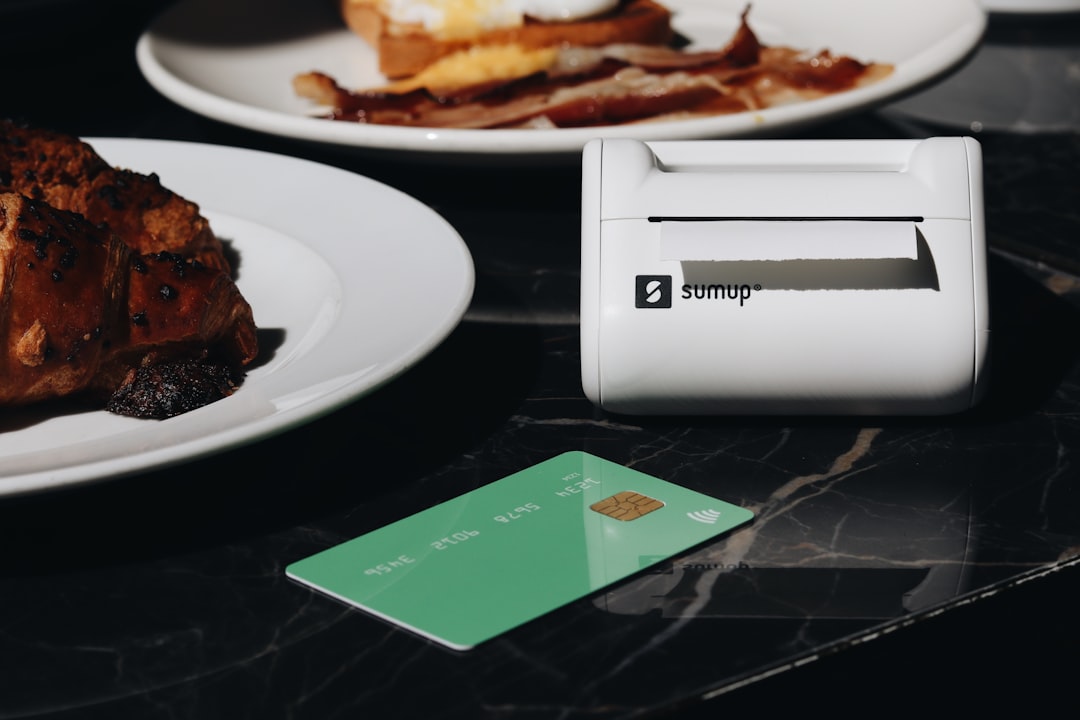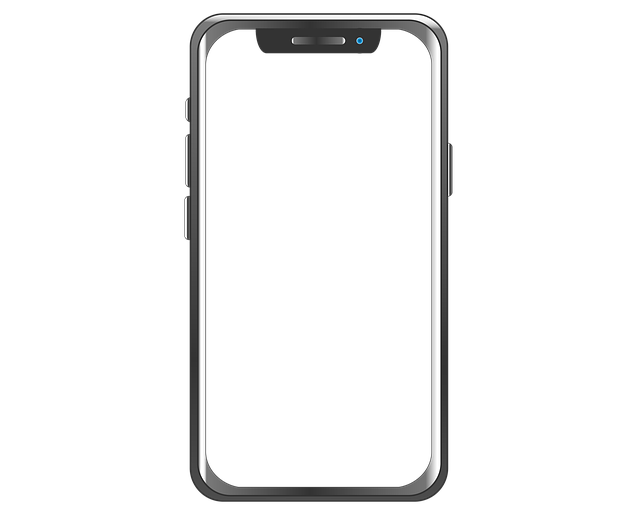In New Hampshire, both state laws and federal regulations, notably the Telephone Consumer Protection Act (TCPA), restrict automated calls and prerecorded messages without prior consent. Violations can incur heavy fines. A specialized lawyer for Robocall New Hampshire can guide clients on their rights, file complaints, and take legal action against persistent callers. Residents can also protect themselves by registering on the "Do Not Call" lists and tracing fraudulent calls for evidence. Connecting with a lawyer specializing in these regulations is crucial for dealing with intrusive robocalls and ensuring privacy.
“In today’s digital age, robocalls have become an increasingly prevalent and often unwanted nuisance. New Hampshire residents now face a unique challenge with strict laws governing telemarketing and automated calls. This article delves into the legal framework surrounding robocalls in New Hampshire, exploring state regulations, resident rights, and available remedies.
Understanding these laws is crucial for those seeking protection from intrusive robocalls. If you’ve been troubled by unwanted calls, considering contacting a lawyer specializing in robocall cases in New Hampshire might be your next step.”
Understanding Robocalls and Their Legal Framework in New Hampshire

Robocalls, automated telephone calls delivered en masse, have become a ubiquitous part of modern communication. While they offer businesses an efficient way to reach customers, many consumers find them intrusive and annoying. In New Hampshire, laws are in place to protect residents from unwanted robocalls, ensuring that the right to peace and quiet is upheld.
In terms of legal framework, New Hampshire follows federal regulations set by the Telephone Consumer Protection Act (TCPA), which restricts certain practices related to automated calls. A lawyer for Robocall in New Hampshire can help individuals understand their rights under these laws. The TCPA prohibits calls made using an Automatic Dialing System or prerecorded messages without prior express consent, except under specific circumstances like collections activities or emergency situations. Violations can result in substantial fines, making it crucial to seek legal counsel if you believe you’ve been a victim of illegal robocalling practices.
New Hampshire Laws Regulating Telemarketing and Automated Calls

In New Hampshire, telemarketing and automated calls are regulated by several laws designed to protect residents from unwanted or deceptive practices. The state’s regulations aim to balance the rights of businesses to market their products or services with the privacy and peace of mind of consumers. For instance, the Telephone Consumer Protection Act (TCPA) restrictions apply, prohibiting unsolicited automated phone calls without prior express consent. New Hampshire law also requires telemarketers to provide a clear and complete disclosure of the purpose of the call and the identity of the caller, ensuring transparency.
If you’ve received excessive or misleading robocalls, consulting a lawyer for Robocall in New Hampshire can be beneficial. Legal experts specialized in these matters can help navigate the state’s regulations and guide individuals on taking appropriate action against persistent violators. Understanding your rights under these laws is essential, especially when dealing with intrusive and disruptive automated calls.
Rights of Residents: How to Stop Unwanted Robocalls

Residents of New Hampshire have rights when it comes to dealing with unwanted robocalls. According to state laws, individuals can take measures to stop these intrusive calls. One effective step is to register your phone number on the “Do Not Call” list maintained by the Federal Trade Commission (FTC). This federal registry helps prevent telemarketers from calling numbers on it. Additionally, New Hampshire has its own “No Call” list, which further restricts sales and marketing calls.
For those seeking comprehensive relief from robocalls, consulting a lawyer for Robocall in New Hampshire can be beneficial. Legal experts can guide residents through various options, including filing complaints with the FTC or state attorney general’s office. They can also assist in pursuing legal actions against persistent or harassing callers. By understanding their rights and taking proactive steps, New Hampshire residents can reclaim their phone lines from unwanted robocalls.
Enforcement and Penalties for Violations in New Hampshire

In New Hampshire, the enforcement and penalties for violations related to robocalls are governed by state laws designed to protect consumers from unwanted and deceptive calls. If a company or individual violates these regulations, they may face significant legal repercussions. A lawyer specializing in robocall cases in New Hampshire can guide individuals through this complex area of law. These experts can help determine if a violation has occurred and what actions can be taken, including filing complaints with the Attorney General’s Office or seeking damages through legal proceedings.
Penalties for violating New Hampshire’s robocall laws can include substantial fines and other penalties. The state takes these violations seriously to ensure consumers’ privacy and peace of mind. A lawyer can assist clients in navigating the enforcement process, helping them understand their rights and options while working towards resolving the issue effectively.
Navigating Legal Action: Who to Contact for Help as a Robocall Recipient

If you’re receiving unwanted or fraudulent robocalls in New Hampshire, knowing your rights and legal options is crucial. The first step is to identify the source of the calls and gather evidence, such as call logs and recordings. While some robocalls are legitimate marketing efforts, others can be scams aiming to steal personal information or money.
For assistance, consider contacting a lawyer specializing in robocall regulations and consumer protection laws in New Hampshire. They can guide you through available legal actions, which may include filing a complaint with the Federal Communications Commission (FCC) or seeking damages through litigation. Local bar associations or state-specific legal aid organizations are also excellent resources to explore for help as a robocall recipient.






